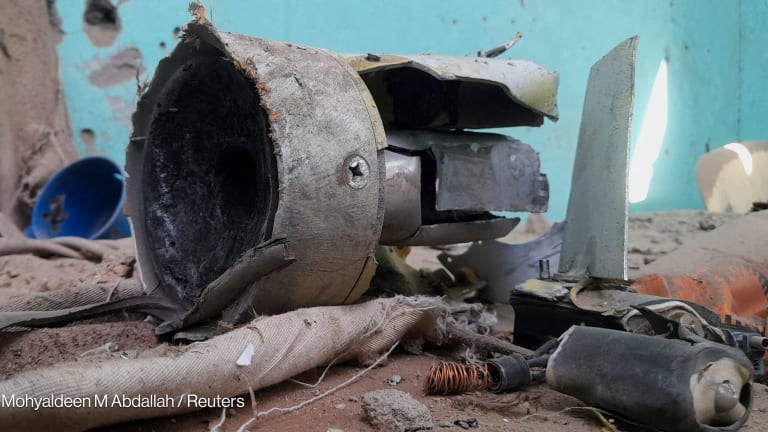Gen. Martin Luther Agwai, commander of the African Union/United Nations Hybrid forces or UNAMID, made an unexpected pronouncement before leaving his position after a two-year mission.
"As of today, I would not say there is a war going on in Darfur," he declared.
"Military there is not much," Agwai added. "What you have is security issues more now. Banditry … people trying to resolve issues over water and land at a local level. But real war as such, I think we are over that."
This is not the first time UNAMID expressed a more optimistic view on the conflict. Last April, its political leader, Rodolphe Adada, said Darfur has subsided into a "low-intensity conflict."
Adada's analysis of the situation had provoked violent criticism from Western diplomats. Some even advanced that he was trying to win the sympathy of Sudanese President Omar Hassan Ahmad al-Bashir, who faces charges from the International Criminal Court.
Figures backed Adada's argument. Around 2,000 people were killed between January and March 2009. In comparison, 200,000 died in 2003-2004 following massive killings organized by Sudan's authorities.
The decrease in deaths, however, does not mean that peace is ruling in Darfur. Some 2.7 million people still live in refugee camps and in very poor conditions. They also remain at risk of rebel attacks.
Unfortunately, this is exactly what Justice and Equality Movement leader Khalil Ibrahim has warned.
"But this is the quiet period before the storm," Ibrahim told Reuters. "In the coming days, he [Agwai] will find out he is wrong. He is just talking like a politician and trying to show he was a success in Darfur." he added.
What is known is that divisions between Darfur's rebels have cut down their military capacity.
However, it is difficult to know what to think of such a statement. Opinions differ and it is hard to understand what it really means for the people of Sudan.








